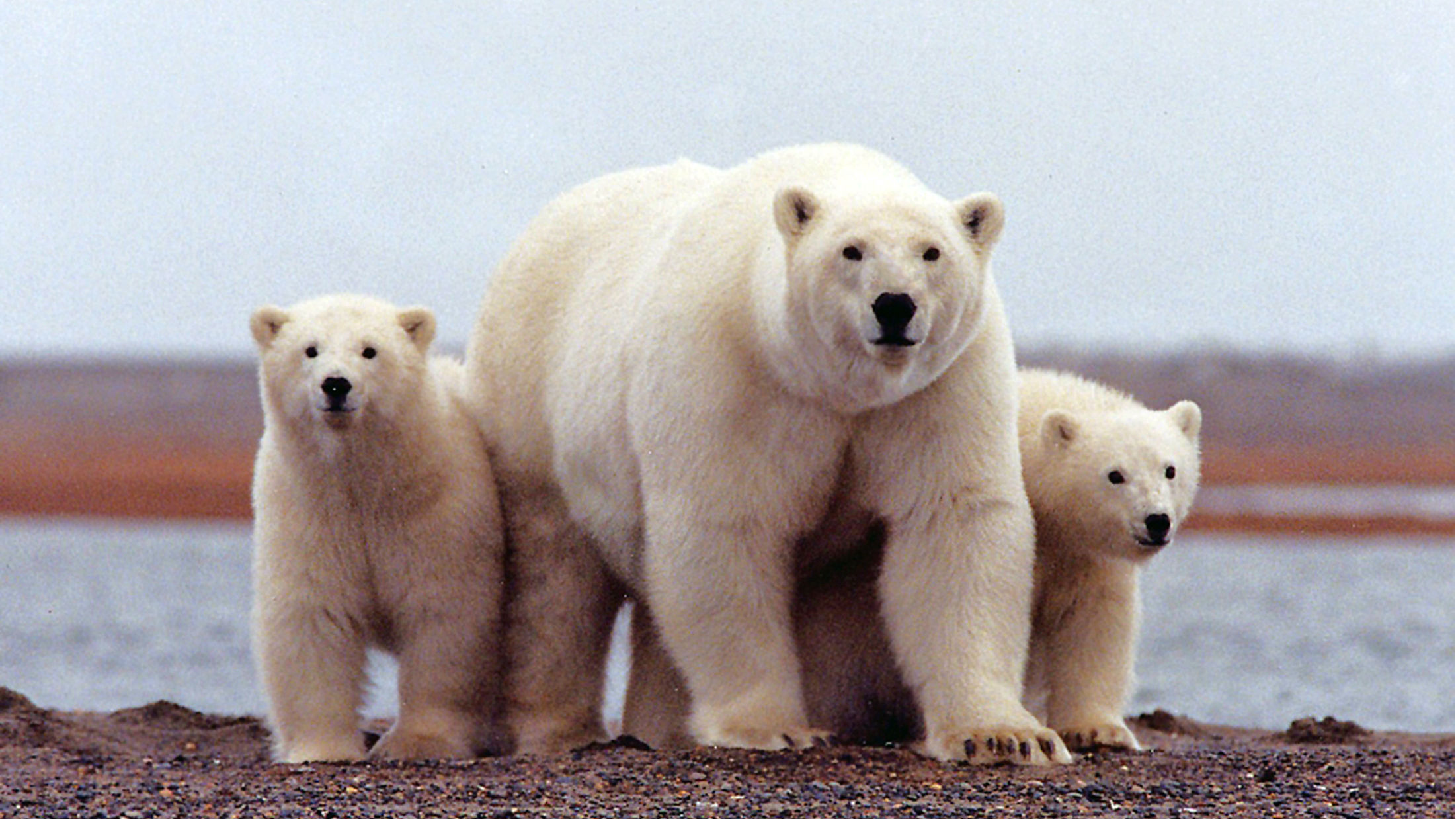Bear ‘invasion’ in Arctic Russia: media too quick to blame climate change, experts say

Photos and videos of the more than fifty polar bears walking around the houses in Belushaya Guba have gone viral in world-wide media arguing climate change is to blame.
This story could very well be headlined: “When internet came to Novaya Zemlya.”
Over the last week, social media as well as online newspapers globally have gone mad over the news coming out from one of the remotest towns on the planet, the closed military settlement of Belushaya Guba.
The little-known town on the Russian Arctic archipelago has since last autumn been struggling with polar bears walking the streets and around the corners of apartment and office buildings. Even walking by a stroller inside one entrance, one video-recording shows.
Regional authorities have declared a state of emergency after the bears no longer react to noise and light signals from guards trying to scare them off.
Belushaya Guba, like the entire Novaya Zemlya, is a closed-off military area. The newly upgraded Rogachevo air base is just a few kilometers outside of town.
But why don’t the bears want to leave the settlement? As previously reported by the Barents Observer, the Kara Sea off the east coast of Novaya Zemlya is this winter packed with very close drift ice.
Jumping to conclusions
Although many media, including the Barents Observer, last week jumped to conclusions pointing at climate change when stories about polar bears in trouble, or making trouble, find its way to global newsrooms.
The blog portal Polar Bear Science has collected links to many of the newspapers reporting about the sensational images from Novaya Zemlya.
The Guardian writes “What polar bears in a Russian apartment block reveal about the climate crisis.” The Washington Post writes under the headline “A ‘mass invasion’ of polar bears is terrorizing an island town. Climate change is to blame” and CBC makes a similar conclusion headlining its article “Russian Arctic town overrun by polar bears, climate change blamed.”
Mats Forsberg has sailed expeditions since 1982 and has assisted in TV productions about the polar bears in the Arctic. He has first-hand knowledge of polar bears’ behavior.
“These bears are well-fed”, he says to the Barents Observer after reviewing some of the videos.
“I would say these bears are not hanging around the houses due to climate change. They have a huge amount of food dumped into nature by humans”, Forsberg says and concludes: “This is purely an on-site human-made problem.”
Some of the videos posted by local residents on Vkontakte show how tens of polar bears are eating garbage at the local dump site in Belushaya Guba. The bears actually look fat.
Evaluating media’s reporting, the blog site Polar Bear Science concludes. “Global warming is blamed for the problem but as is so often the case, that claim does not stand up to scrutiny.”
The blog is run by Susan Crockford, a zoologist with more than 35 years experience, including published work on the Holocene history of Arctic animals.
Related stories from around the North:
Canada: About that bear – Why the media keeps getting the Arctic wrong, Blog by Heather Exner-Pirot
Finland: Photographer tells how he snapped picture of rare white bear cub in Finland, Yle News
Norway: Could drones help prevent polar bear attacks on the Arctic archipelago of Svalbard?, The Independent Barents Observer
Russia: Polar bears greatly exposed to toxic chemicals in eastern Barents Sea, The Independent Barents Observer
United States: After deadly bear attack, hikers in Anchorage, Alaska weigh risks, Alaska Public Media



